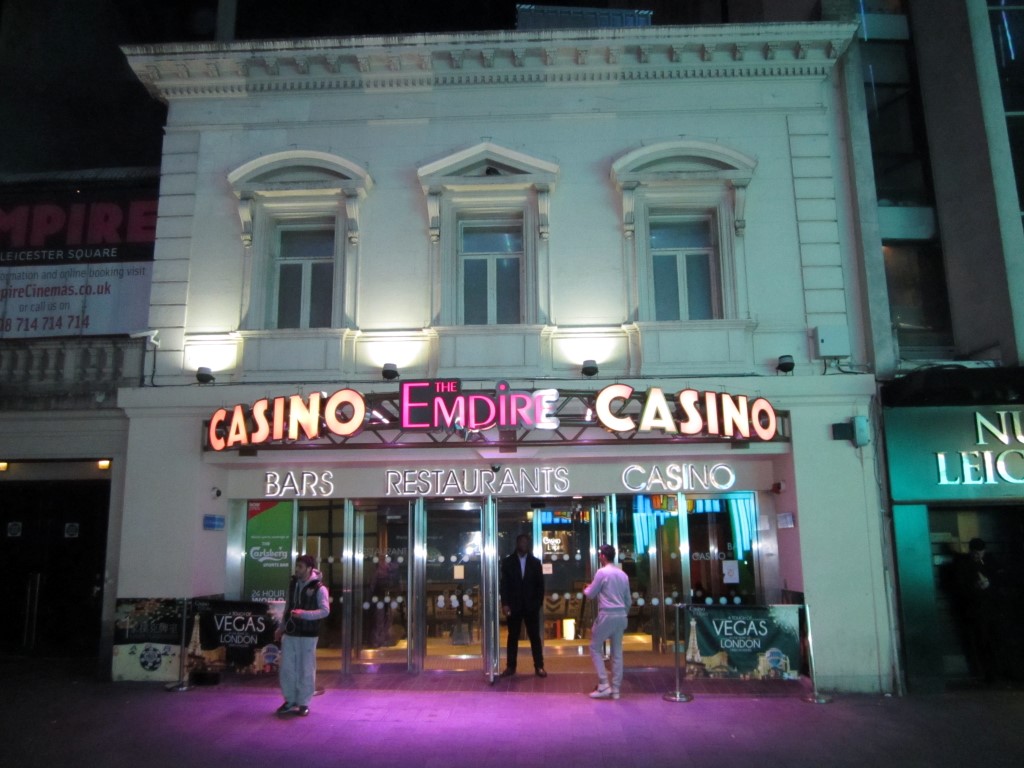Some states allow 18 year olds to gamble. Alaska, Idaho, Kansas, Maine, Minnesota, New York, North Carolina, Oklahoma, Rhode Island, South Carolina, Vermont, Washington and Wyoming all have gambling ages of 18. Every other state in the Union has fixed their gambling age at 21, and you cannot get around this in any way. New Age Verification Laws Come Into Place In 2019. Following a review of age verification procedures for UK licenced gambling business the Gambling Commission announced in 2019 that companies that offer gambling to UK citizens must now verify the age of any customer before they make a deposit or bet.
- What Is The Gambling Age In Aruba
- What Is The Gambling Age In North Dakota
- What Is The Gambling Age In The United States
Frequently Asked Questions
About Gambling
What is gambling?
Gambling is betting money or something of value on the outcome of a game, contest, or other event where the results involve chance and the outcomes are uncertain. Cocktail 9 0 2 download free. Gambling doesn't just happen at casinos. It can include betting $50 at a poker table, playing nickel bingo, buying a raffle ticket, and even betting a soda on a ballgame. In order for an activity to be considered gambling, the following three elements must be present: (1) paying to play or betting something of value, (2) an element of chance, and (3) a prize, payout, or winning of some sort.
What forms of gambling are legal to play in Ohio?
Regulated forms of gaming vary in cities, counties, and the state. Consumers should be aware of the legal forms in their area. In Ohio, legal forms include charitable gaming such as instant bingo, bingo, raffles and games of chance. Other legal forms include betting at horse races, the state lottery, video lottery terminals (VLTs) at race tracks, Keno, casinos and skill-based amusement machines. Silver oak rating. Find more information at ohiolottery.com, casinocontrol.ohio.gov, racing.ohio.gov and ohioattorneygeneral.gov.
What forms of gambling are illegal to play in Ohio?
Some examples of illegal forms of gambling are slot machines, dog fights, craps/dice, Internet-based gambling, betting on sports/games, office pools, and private poker gaming in an unregulated establishment (including your own home).
Internet-based gambling is illegal in most states, but the rules are changing quickly. While it's recognized that there are Internet-based sites (usually hosted internationally) on which to gamble, the exchange of funds beyond state borders is what creates problems related to legality. To date, only a couple of states have established legal means of Internet-based gambling within their state borders. In order to ensure your safety and avoid criminal charges, you should be mindful of the laws and rules related to Internet-based gambling in your state. In Ohio, there are currently no legal forms of Internet-based gambling. You can find more information at gamblingandthelaw.com and gambling-law-us.com.
What are the age limits for gambling in Ohio?

Legal age limits range from 16 to 21, depending on the type of legal gaming. In Ohio, the legal age to play bingo is 16. You must be 18 to participate in Keno, the state lottery, and horse racing. The legal age play at casinos is 21. (Note: Children over 13 can go to a horse race track if accompanied by an adult.)
What is responsible, safe, or low-risk gambling?
Responsible gambling is legal wagering for entertainment only, with limits on time played and money spent for a low risk of harm to self and others. Safe, or low-risk, gambling is being able to play with little chance of losing control or developing unhealthy or unsafe habits that could lead to problematic gambling.
What is problematic/pathological gambling?
Problem gambling is gambling to the extent that it causes any kind of emotional, family, legal, financial, or other problems for the gambler or the people around him or her. Pathological gambling is persistent, recurrent, maladaptive gambling behavior that disrupts personal, family, or other pursuits. Like substance abuse, it is a progressive addiction with a similar process of destructiveness to the individual and family.
What are the signs of problem/pathological gambling?
What Is The Gambling Age In Aruba
Some signs and symptoms of problem/pathological gambling are:
What Is The Gambling Age In North Dakota
- Increasing time spent gambling
- Increasing size of bets
- Intense interest in gambling activities
- Turning to gambling during stress
- Increased irritability and erratic mood or personality changes
- Feeling depressed or anxious
- Decreased productivity at work, school, or home
- Lying about gambling-related activities and the amount of money spent
- Being evasive about losses
- Spending money earmarked for bills, etc., on gambling
- Borrowing from others to continue gambling
Where can I find help for problem gambling?
Is draftkings legit. Treatment is available. For confidential support in Licking and Knox Counties, call 2-1-1 or 1-800-544-1601. For confidential support in Butler County, call 2-1-1 or 1-513-721-7900.
Licking and Knox County residents may also search for problem gambling help online at http://www.referweb.net/chic/. Butler County residents can visit http://www.referweb.net/uwgc/. Blackjack practice game.
What Is The Gambling Age In The United States
Statewide, call The Ohio Problem Gambling Helpline at 1-800-589-9966. Village people party slots. Play free keno slots. Help is available 24 hours a day, seven days a week.
Can people self-ban from the casinos? What is the process?
Yes. There are several ways to self- exclude. Each of the gaming establishments has a program, as well as the Casino Control Commission and the Ohio Lottery Commission for the racinos. Laura Clemens is the contact at the Casino Control Commission at 614-387-5848. Exclusions are possible for 1 year, 5 years or life. Visit http://www.casinocontrol.ohio.gov/ResponsibleGambling.aspx to learn more about the Casino Control Commission Voluntary Exclusion Program.
